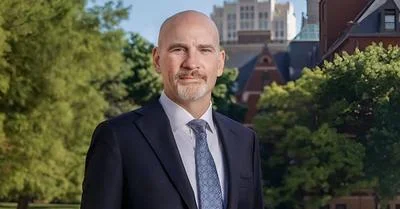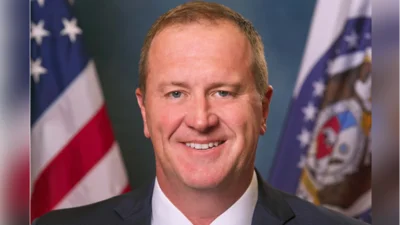Tim Alexander, Senior Director, Business Research & Analysis | LinkedIn
Tim Alexander, Senior Director, Business Research & Analysis | LinkedIn
St. Louis business and innovation leaders are calling for increased investment in technology infrastructure to support the region’s economic growth. In a statement published in the St. Louis Business Journal, representatives from organizations including Greater St. Louis, Inc., Arch Grants, Regional Business Council, TechSTL, Taylor Geospatial Institute, 39 North Agtech Innovation District, LaunchCode, GeoFutures, Yield Lab Institute, BioSTL, and T-REX emphasized the need for data centers, broadband expansion, and other digital assets.
They argue that modern industries such as biosciences, agtech, geospatial technologies, and advanced manufacturing depend on robust digital infrastructure to remain competitive. “The innovators, builders, and educators across our region are aligning their work to make St. Louis a place where technology drives transformative economic growth and opportunity for all,” the group stated.
The leaders noted that while efforts have been made to train local workers for high-demand technology roles and foster collaboration among startups and community partners, additional investment is needed to keep pace with other regions attracting significant outside capital.
“Data centers, broadband, and other digital assets are the unseen foundation of today’s economy. They enable the cloud services, artificial intelligence, and emerging technologies that entrepreneurs are using to launch companies and that corporations need to stay competitive,” they said.
Citing examples from history where regions benefited from investing in railroads and highways ahead of economic shifts, the group warned that failing to plan for future needs could result in missed opportunities: “Much like the railroads, highways, and other critical infrastructure on which we’ve come to rely for the past century…regions that did not [invest] were left behind.”
The statement expressed support for an approach recently announced by St. Louis Mayor Cara Spencer regarding technology infrastructure development. The leaders praised city officials’ recognition of both the benefits of such projects and their potential impacts on energy supply, land use, and environmental factors: “This approach recognizes the critical role developing this infrastructure will play in our growth as a region as well as the fact that individual projects should be judged on their own merits.”
They concluded by emphasizing a commitment to inclusive growth through coordinated efforts among community leaders: “We believe in St. Louis. We believe in its people, its ideas, and its potential. Now we must also believe in building the future here so the next generation of opportunity takes root in our city—not somewhere else.”





 Alerts Sign-up
Alerts Sign-up